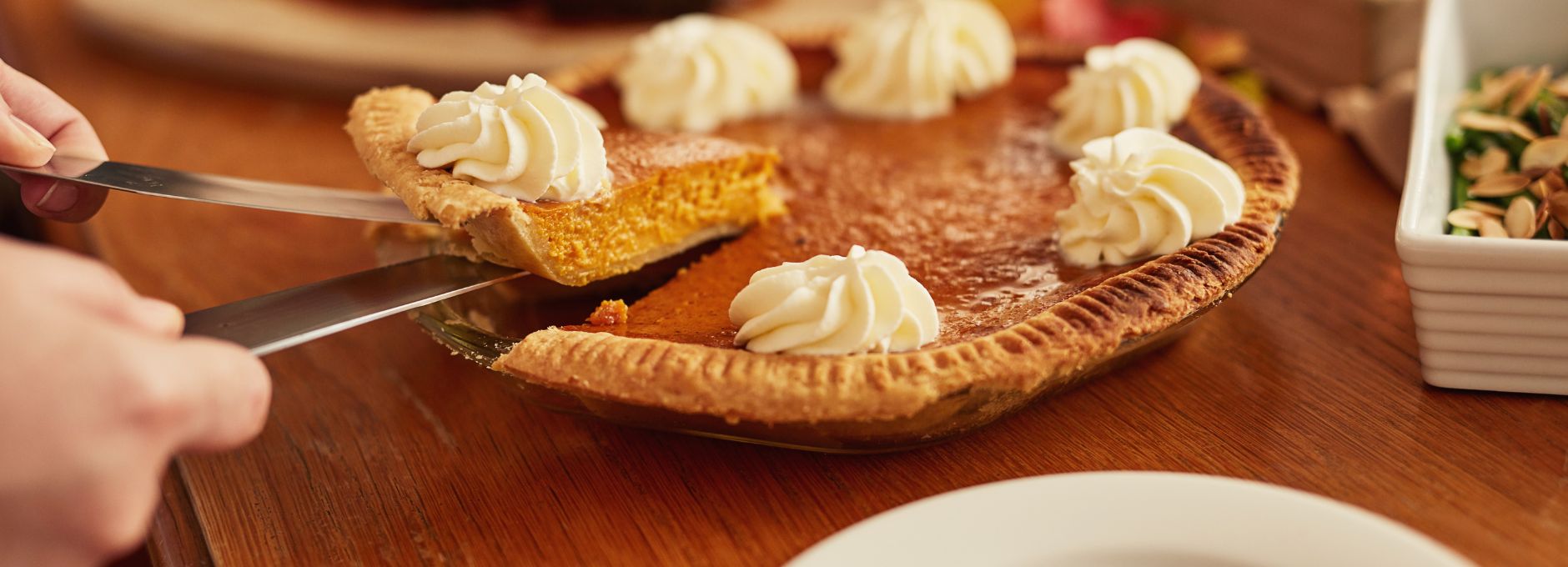Is it Okay to Have a Weight Loss Cheat Day?
Eat Better
Is it Okay to Have a Weight Loss Cheat Day?

Weight loss journeys can be fun and rewarding. They can also be challenging and seem unrelenting at times.
How do we manage those occasions when we just don’t fancy the day’s allotted exercise or the nutritious meals we have planned? One way that’s popular is known as a weight loss ‘cheat day’.
Do they work? Is having a cheat day good for weight loss? Or do they promote bad habits? There are lots of different ideas and schools of thought around the subject. Let’s investigate the topic and find out if it’s okay to have a cheat day…
 What exactly are weight loss cheat days?
What exactly are weight loss cheat days?
In order to lose weight, rules have to be set and kept to. Not only does your new diet and exercise regime need to be well planned and effective, it really needs to be maintained consistently. Stray off the plan with any frequency and you’re unlikely to see results.
But how about if that straying is infrequent and short lived? This is where the concept of cheat days and weight loss combine. They’re planned and scheduled breaks in a diet. The popular idea of cheat days we see on social media and in popular culture often suggests that they’re once a week.
Typically, a person will enjoy the high calorie foods that are ‘not allowed’ the rest of the time. The specific foods will depend on your tastes, but generally we’re talking about treat foods like pizza, burgers, chips and ice cream. All those bad things we crave but spend the rest of the week avoiding might be part of your weight loss cheat day.
 The arguments for cheat days
The arguments for cheat days
There are no strong scientific reasons supporting the efficacy of a cheat day during weight loss. Some people argue that occasional spells of eating high calorie foodstuffs can trick your brain and hormone cycle into creating more of the hormone leptin, which suppresses hunger pangs. It’s said that cheat days can temporarily stop the desire for rebound overeating. The trouble is, there is no scientific proof to support this idea1.
One way they may work is through psychology. The strongest argument for the promotion of cheat days during weight loss is to think of them as motivation. As a reward system.
For some dieters, the concept of going ‘cold turkey’ on their favourite items is unthinkable. A Sunday, say, of indulgence can be a motivating factor. The ‘carrot’ in the ‘carrot or stick’ metaphor. Except, in this case, the carrot is covered in cheese and deep fried.
In such cases, weight loss cheat days may be a good idea. For those dieters who cannot find enjoyment in nutritious or low calorie meals, ‘cheating’ can be something to look forward to.
 The arguments against cheat days for weight loss
The arguments against cheat days for weight loss
So, does having a cheat day help weight loss? Well, there are cheat days and there are CHEAT DAYS. One day a week where you skip breakfast, eating cheese on toast for lunch and getting a takeaway may be a nice treat. But 24 hours of heavy non-stop banqueting? It’s just not healthy2.
Another disadvantage of the concept is that it reinforces the idea of positive and negative eating, of good and bad foods. One study showed that people who linked chocolate cake with celebration enjoyed greater success with their weight loss goals than those people who associated it with feelings of guilt3.
Then, of course, there’s the possibility of the weight loss cheat day not being confined to one day, and it spilling out into the rest of the week. Swapping from a healthy diet to a mostly healthy diet with some unhealthy eating could lead to a diet of mostly unhealthy eating.
For a healthy long-term relationship with food, it’s important to disconnect eating habits with negative emotions. The very term itself – ‘cheat’ – suggests sin. You’re being bad by giving in to ‘bad eating’. It may bring about pangs of guilt.
‘Blowout’ cheat meals may even leave you feeling unwell. Large meals when you’re not used to them can leave you feeling bloated4. This is especially true if they’re high in sugar5.
This kind of extreme fluctuation has even led to some people suggesting that weight loss cheat days could lead to some sort of eating disorder if left unchecked6.
 Alternatives to weight loss cheat days
Alternatives to weight loss cheat days
There is one major alternative to cheat days or meals. You can simply incorporate smaller treats into your days, essentially drip-feeding little treats.
Providing there’s no overindulgence, small tasty foods that contain calories and aren’t part of your overall food plans are fine. If you can offset it with a little extra time in the gym or a higher intensity to your workout, it shouldn’t interrupt your calorie balance.
You could pick a day where you allow yourself the odd little treat instead. Where you’re basically downgrading weight loss cheat day to a treat day.
Another way to approach your diet is to factor in an enjoyment factor. Don’t set yourself an unachievable goal of extremely limited and strict food if it’ll make you unhappy. Avoid diet-friendly foods that you really dislike. It’ll just make you resent the food and, in time, maybe even your whole weight loss attempt.
 Should you try a weight loss cheat day?
Should you try a weight loss cheat day?
Ultimately, there’s no hard and fast answer to the question of whether cheat days and weight loss are a good idea or whether they’d work for you or not. The rather unfulfilling answer is: it depends.
The best diets are those that both work and work for you. If you’re the kind of person who is super motivated at all times, weight loss cheat days don’t really offer much more than a spot of unnecessary indulgence. If the promise of ‘a day off’ is enough to keep you going for the rest of the week, then cheat days may be worth considering.
Some people need to reward themselves, others get a buzz for sticking rigidly to a plan. Your attitude to cheat days should hinge on which of the two you are.
For more information on healthy and sustainable weight loss, explore our other articles on the XLS blog today.
 What exactly are weight loss cheat days?
What exactly are weight loss cheat days? The arguments for cheat days
The arguments for cheat days The arguments against cheat days for weight loss
The arguments against cheat days for weight loss Alternatives to weight loss cheat days
Alternatives to weight loss cheat days Should you try a weight loss cheat day?
Should you try a weight loss cheat day?